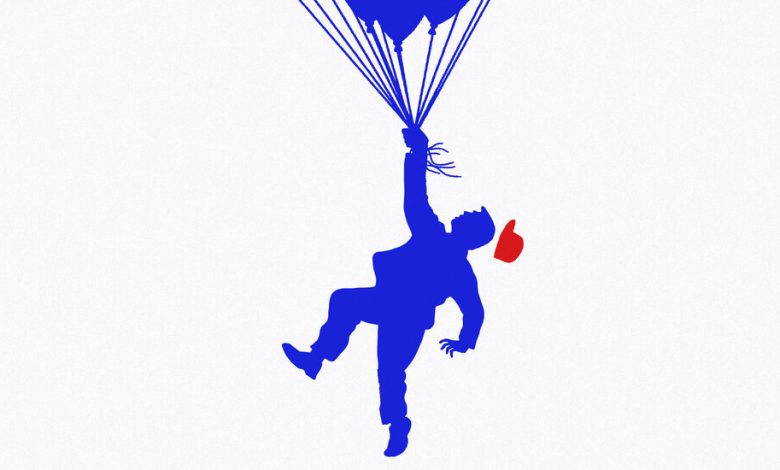No, Donald Trump, Biden’s Economy Is Not Like Weimar Germany’s

At a May 1 rally in Waukesha, Wis., Donald Trump said that when he was president “we had no inflation,” and that now “we have record horrible inflation” that is “getting worse.” All three of those claims are, of course, incorrect. Trump also described inflation as “a country buster” that destroyed Germany, presumably referring to the hyperinflation of 1923, which was the year of Adolf Hitler’s failed beer-hall putsch.
Even for Trump, who loves to work up a crowd, that’s too far.
President Biden does have an inflation problem, but it’s not a Weimar Germany kind of problem. Economists expect that when the Bureau of Labor Statistics reports the Consumer Price Index for April next week, the annual change will come in around 3.4 percent. Contrast that with Germany in 1923, when people paid for goods with wheelbarrows of cash and burned bank notes to keep themselves warm. To compare the United States’ modestly-above-target inflation with Germany’s hyperinflation is inflated hype.
I won’t get into why Americans are so upset about inflation that they might choose Trump over Biden in November. Many commentators, including me and my Opinion colleagues Binyamin Appelbaum and Paul Krugman, have taken shots at that question.
I want to look at a different question, which is whether inflation would be lower if Trump won. Or, as I suspect, higher.
When I wrote about the economic outlooks under a second Biden term and another Trump term, one clear message I heard from economists was that many of Trump’s priorities could reignite inflation. The most obvious is his threat to raise tariffs on almost all imports, and raise them more on imports from China. The cost of those tariffs would be borne in part by the exporting nations, but even more by American consumers and industry. “I think we should have a ring around the collar” of the U.S. economy, Trump told Fox Business last year, apparently mixing up old laundry detergent commercials with the mercantilist metaphor of a protective ring of defense around domestic industry.
Trump also wants to extend all of the tax cuts in the 2017 Tax Cuts and Jobs Act, many of which are scheduled to expire at the end of 2025, which would keep budget deficits high. That would be inflationary, although only moderately so, because those cuts are already in place and most of the continued dollar savings would go to upper-income households, which have a lower propensity to consume out of each dollar saved.
